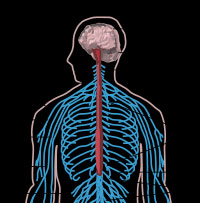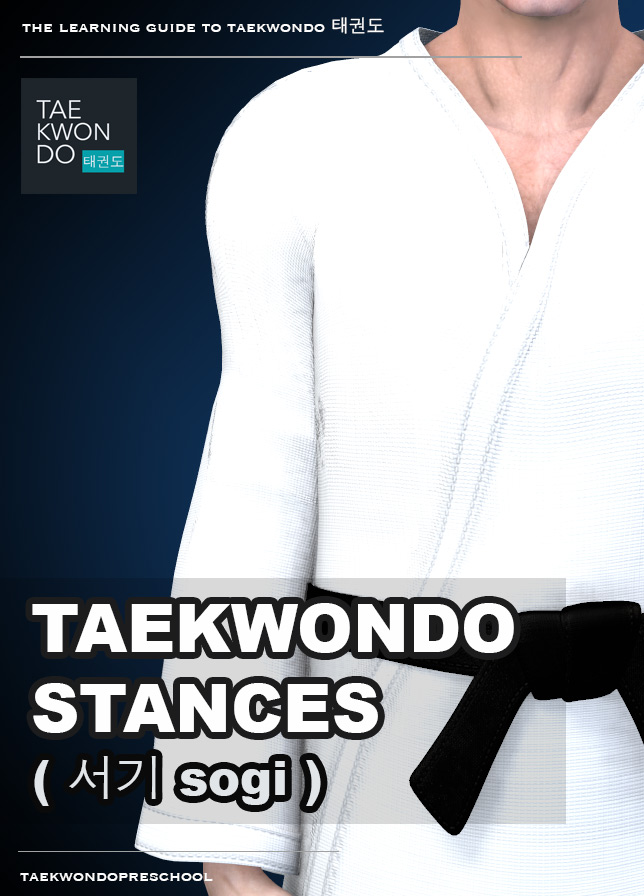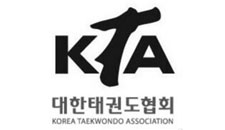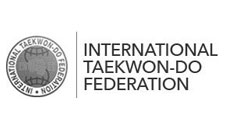Taekwondo 태권도Taekwondo Preschool
Taekwondo is known for its emphasis on high kicking and fast hand techniques, which distinguishes it from other popular martial arts and combat sports such as karate. However, the World Taekwondo (WT) believes that because the leg is the longest and strongest limb a martial artist has, kicks thus have the greatest potential to execute powerful strikes without successful retaliation.
View Taekwondo 태권도 »

Practice
( Learning Method )
Practice is the act of rehearsing a behavior over and over, or engaging in an activity again and again, for the purpose of improving or mastering it, as in the phrase 'practice makes perfect'. Sports teams practice to prepare for actual games. Playing a musical instrument well takes a lot of practice. It is a method of learning and of acquiring experience. The word derives from the Greek "πρακτική" (praktike), feminine of "πρακτικός" (praktikos), "fit for or concerned with action, practical", and that from the verb "πράσσω" (prasso), "to achieve, bring about, effect, accomplish". In American English, practice is used as both a noun and a verb, but in British English, there is a distinction between practice, used as a noun, and practise, used as a verb.

Common types of practice
Some common ways practice is applied:
- To improve athletic or team performance
- To prepare for a public performance, in theatre or
- To enhance or refine a newly acquired skill
- To maintain skill
- To learn martial arts, poomse and sparring are common forms of practice
How well one improves with practice depends on several factors, such as the frequency it is engaged in, and the type of feedback that is available for improvement. If feedback is not appropriate (either from an instructor or from self-reference to an information source), then the practice tends to be ineffective or even detrimental to learning. If a student does not practice often enough, reinforcement fades, and he or she is likely to forget what was learned. Therefore, practice is often scheduled, to ensure enough of it is performed to reach one's training objectives. How much practice is required depends upon the nature of the activity, and upon each individual. Some people improve on a particular activity faster than others. Practice in an instructional setting may be effective if repeated only 1 time (for some simple verbal information) or 3 times (for concepts), or it may be practiced many times before evaluation (a dance movement).
Deliberate Practice
Psychologist K. Anders Ericsson, a professor of Psychology at Florida State University, has been a pioneer in researching deliberate practice and what it means. According to Ericsson:
People believe that because expert performance is qualitatively different from normal performance the expert performer must be endowed with characteristics qualitatively different from those of normal adults. [...] We agree that expert performance is qualitatively different from normal performance and even that expert performers have characteristics and abilities that are qualitatively different from or at least outside the range of those of normal adults. However, we deny that these differences are immutable, that is, due to innate talent. Only a few exceptions, most notably height, are genetically prescribed. Instead, we argue that the differences between expert performers and normal adults reflect a life-long period of deliberate effort to improve performance in a specific domain.
One of Ericsson's core findings is that how expert one becomes at a skill has more to do with how one practices than with merely performing a skill a large number of times. An expert breaks down the skills that are required to be expert and focuses on improving those skill chunks during practice or day-to-day activities, often paired with immediate coaching feedback. Another important feature of deliberate practice lies in continually practising a skill at more challenging levels with the intention of mastering it. Deliberate practice is also discussed in the books Talent is Overrated by Geoff Colvin and The Talent Code by Daniel Coyle, among others.
Two recent articles in Current Directions in Psychological Science criticize deliberate practice and argue that, while it is necessary for reaching high levels of performance, it is not sufficient, with other factors such as talent being important as well.
Behavioral versus cognitive theories of deliberate practice
Behavioral theory would argue that deliberate practice is facilitated by feedback from an expert that allows for successful approximation of the target performance. Feedback from an expert allows the learner to minimize errors and frustration that results from trial-and-error attempts. Behavioral theory does not require delivery of rewards for accurate performance; the expert feedback in combination with the accurate performance serve as the consequences that establish and maintain the new performance.
In cognitive theory, excellent performance results from practising complex tasks that produce errors. Such errors provide the learner with rich feedback that results in scaffolding for future performance. Cognitive theory explains how a learner can become an expert (or someone who has mastered a domain).
Deliberate practice in medical education
Duvivier et al. reconstructed the concept of deliberate practice into practical principles to describe the process as it relates to clinical skill acquisition. They defined deliberate practice as:
- repetitive performance of intended cognitive or psychomotor skills.
- rigorous skills assessment
- specific information feedback
- better skills performance
They further described the personal skills learners need to exhibit at various stages of skill development in order to be successful in developing their clinical skills. This includes:
- planning (organize work in a structured way)
- concentration/dedication (higher attention span)
- repetition/revision (strong tendency to practice)
- study style/self reflection (tendency to self-regulate learning)
While the study only included medical students, the authors found that repetitious practice may only help the novice learner (year 1) because as expertise is developed, the learner must focus and plan their learning around specific deficiencies. Curriculum must be designed to develop students' ability to plan their learning as they progress in their careers.
Finally, the findings in the study also have implications for developing self-regulated behaviors in students. Initially, a medical student may need focused feedback from instructors; however, as they progress, they must develop the ability to self-assess.
Skills fade with non-use. The phenomenon is often referred to as being "out of practice". Practice is therefore performed (on a regular basis) to keep skills and abilities honed.
Useful Articles
- Improving Performance - In addition to instruction and training of psychological skills for performance improvement, applied sport psychology may include work with athletes, coaches, and parents regarding injury, rehabilitation, communication, team building, and career transitions.
- Mental Toughness - Collection of attributes that allow a person to persevere through difficult circumstances (such as difficult training or difficult competitive situations in games) and emerge without losing confidence. The term is commonly used by coaches, sport psychologists, sport commentators, and business leaders.
- Leadership Development - Refers to any activity that enhances the quality of leadership within an individual. Traditionally, leadership development has focused on developing the leadership abilities and attitudes of individuals.
- Practice (Learning Method) - Practice is the act of rehearsing a behavior over and over, or engaging in an activity again and again, for the purpose of improving or mastering it, as in the phrase 'practice makes perfect'.
- Overtraining - Can be described as a point where a person may have a decrease in performance and plateauing as a result from failure to consistently perform at a certain level or training load exceeds their recovery capacity. Overtraining is also known as chronic fatigue, burnout and overstress in athletes.
- Acquisition of Skill - The acquisition of skill requires practice. Merely repeating a task alone, however, does not ensure the acquisition of a skill. Skill acquisition is achieved when an observed behaviour has changed due to experience or practice. This is known as learning and is not directly observable.
There are five tenets defined in the International Taekwondo Federation (ITF) and several more in World Taekwondo (WT).
Courtesy ( 예의 ye-ui ): "Showing courtesy to all, respecting others, having manners as well as maintaining the appropriate etiquette at all times, both within and outside the dojang (도장) (designated training area)." View Taekwondo Tenets »
RESOURCES
This article uses material from the Wikipedia article "Practice (Learning Method)", which is released under the Creative Commons Attribution-Share-Alike License 3.0.



















